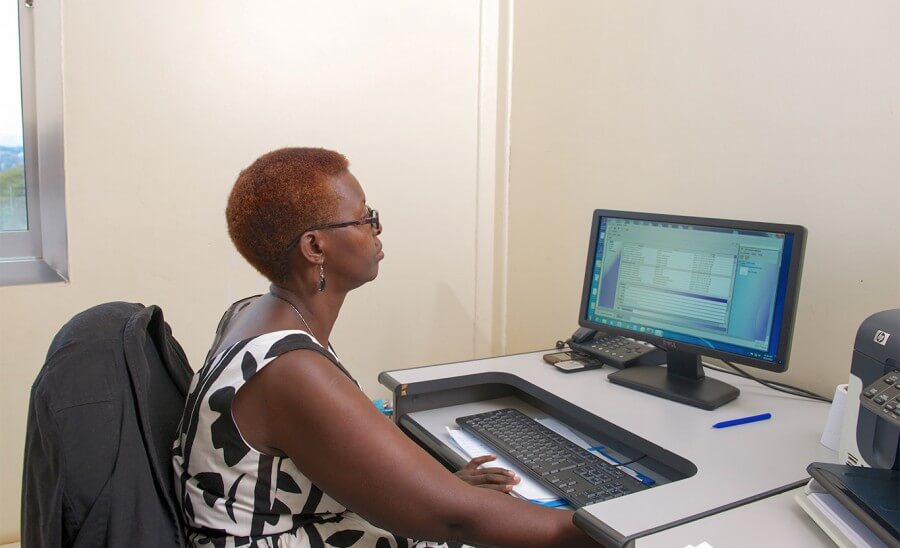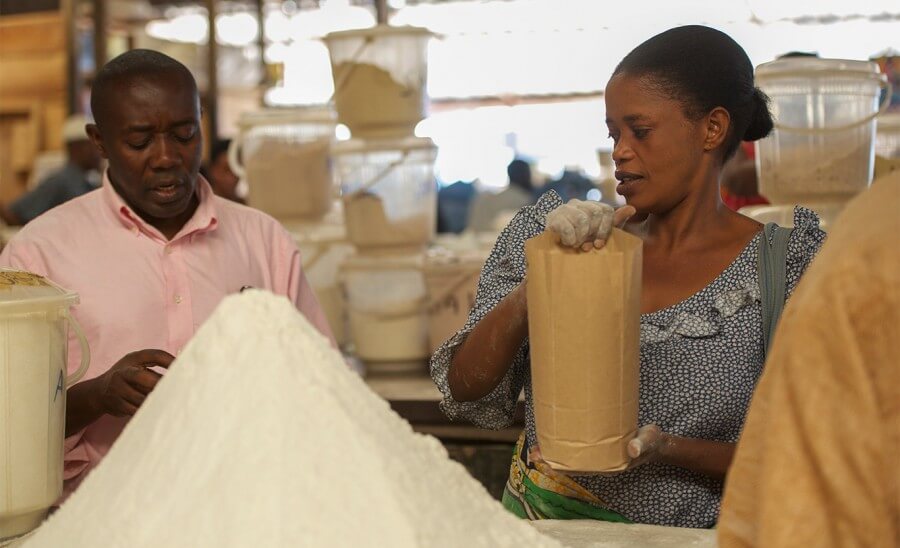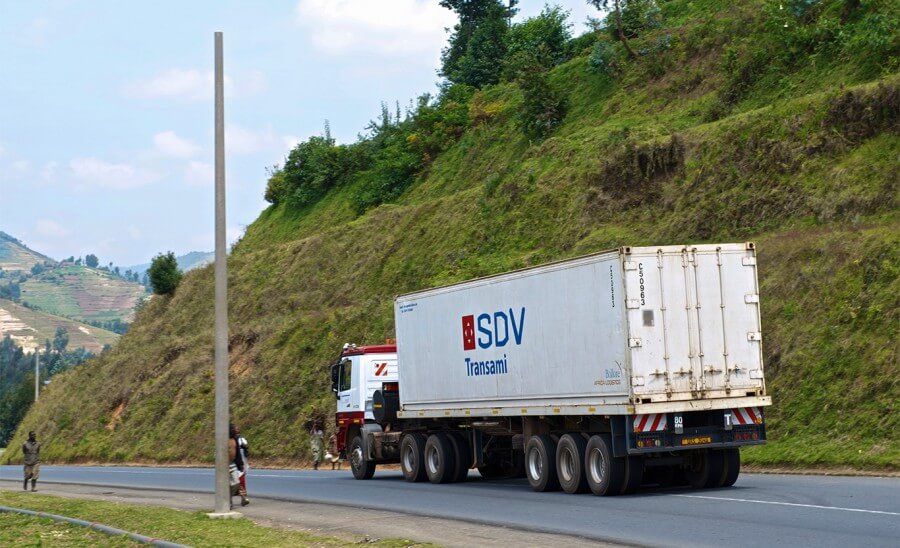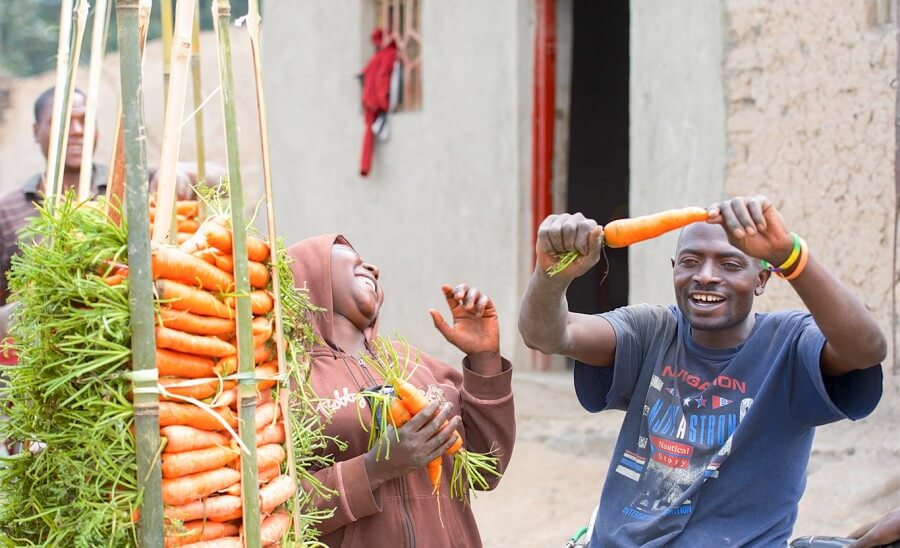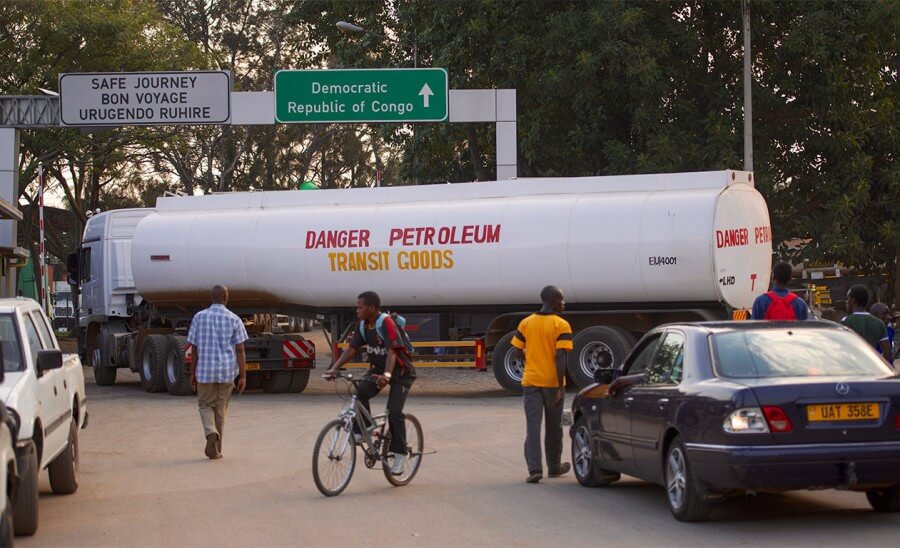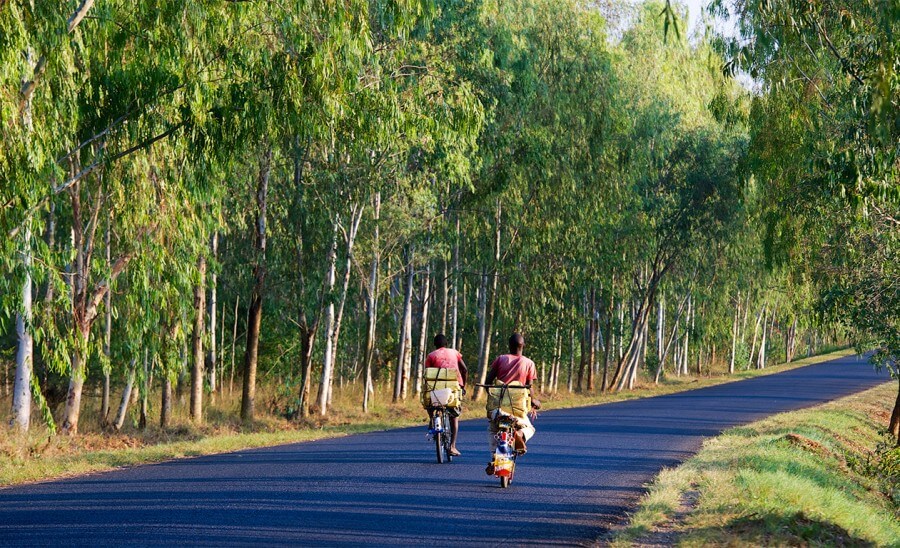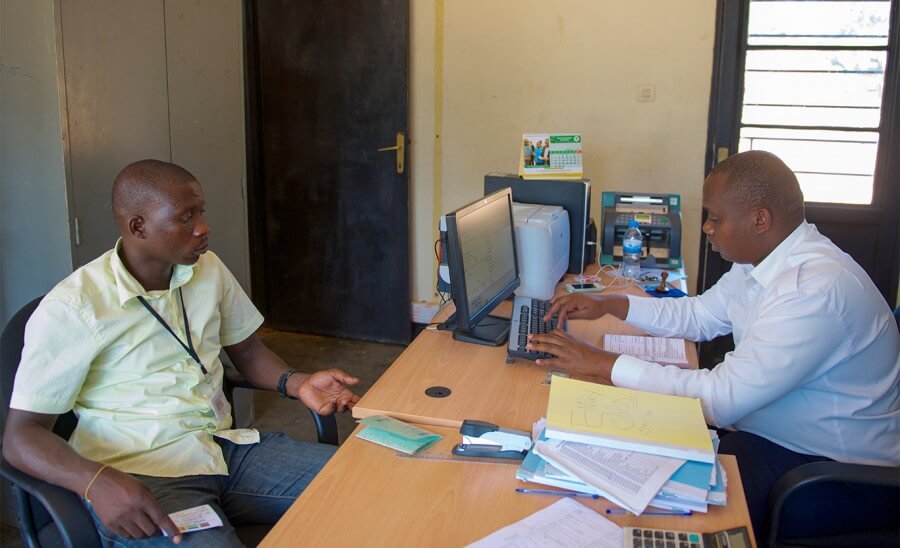
The
Single Window
for Rwanda
Revenue Authority
project
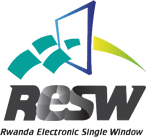
Case Study Rwanda:
The Rwanda
Revenue
Authority (RRA)
May 2012 - Oct 2016
Donors:


Budget: $3.3 Million
Objectives
-
Streamlining import and export processes through establishment of a single window.
-
Simplify cross-border trade to enhance competitiveness through improvements to trade logistics systems and processes.
-
Provide real-time monitoring of consignments by importing community and government institutions.
-
Reduce cost of doing business, strengthen transparency and reduce incidences of corruption.
-
Computerize international trade regulatory requirements.
TMEA’s Theory of Change
TradeMark East Africa’s Theory of Change stipulates three key strategic objectives that contribute to increasing trade:
Increased trade results in increased economic growth which contributes to poverty reduction.
The Rwanda Electronic Single Window (ReSW) falls under TMEA’s Strategic Objective (S0) 2; ‘Enhanced Trade Environment, that ‘seeks to provide support to activities that simplify business processes for traders’. This is in line with TMEA’s goal of increased prosperity through growth in trade for East Africa and with the TMEA Rwanda Country Programme’s main goal of ‘greater regional integration and trade competitiveness in Rwanda’.


Description
The electronic single window is an approach that was pioneered by Singapore in the 1980s to streamline and improve customs operations and the actions of other border control entities responsible for delays in the release of goods.
It is designed as a common electronic platform that allows for the submission of a single trade declaration containing all the information required by the various agencies responsible for controlling trade in and out of Rwanda, and solicit a rapid response from them to ensure faster cargo release. This is a great improvement from the old system where importers and exporters were required to submit a variety of documents to multiple government agencies at different times.


Background
The Single Window for
the Rwanda
Revenue Authority Project
The Rwanda Development Board initiated efforts in 2005 towards the creation of the ReSW, culminating in a feasibilty study by the World Bank in 2007.
After initial plans to invite a private service provider to implement the system, the Rwandan Government took the decision to implement the project through the Rwanda Revenue Authority (RRA). The United Nations Conference on Trade and Development (UNCTAD) was contracted in 2011 as the solution provider using ASYCUDA World as the central platform for the ReSW.
Following extensive training for all stakeholders, who included RRA, Rwanda Development Board (RDB), Rwanda Standards Board (RSB), the Magasins Generaux du Rwanda (MAGERWA) freight forwarders and clearing agents, the ReSW was piloted in February 2012, before eventual roll-out in January 2013.

Results

Benefits From Reductions In Cargo Release Times
With connection of all relevant authorities to the central ReSW, clearances for cargo have been more swiftly processed resulting in major time savings. For example, the average time required to clear goods through customs for import purposes was reduced from over 11 days to 1 day 10 hours and 55 minutes in 2014 (equivalent to a 46 percent reduction). The time elapsed between registration and payment fell by 26 percent; while export release time was reduced from about 2 days 19 hours to 1 day 10 hours (64 percent reduction). The electronic application and approvals of exemptions has expedited clearance of tax-exempt goods from 4 days to 0.5 hours.
With the swifter clearance of cargo, RSB has achieved an increase in the amount of inspected cargo from 14 percent in 2012 to 42 percent in 2014.
Indeed, the most critical benefits from the introduction of the ReSW can be said to be those derived primarily from the achievements in the reduction in cargo release time, which can be linked to adjustments in the direct and indirect costs associated with customs clearance as illustrated below:
EXPORT DIVERSIFICATION
In 2013, Rwanda exported 34 different products, half of which were mineral products. In the context of greater trade facilitation provided by the ReSW, it is possible that this arguably narrow range of products could be expanded, creating new employment opportunities that would create additional incomes and contribute to poverty alleviation.
Export Expansion
A study that analyzed trade facilitation indices of 126 countries and the impact of the clearance times on export trends found that a delay of one day reduces trade by at least one percent. Applied to the ReSW’s reduction of release time for exports by one day and 10 hours and with Rwandan exports amounting to $620 million in 2013, this would work out to an export growth potential of $8.7 million for Rwanda, a conservative estimate given the future potential of an increased share of perishable goods among its exports.
REDUCTION IN RELEASE TIME FOR IMPORTS
With imports at $1.7 billion in 2013, the savings from reducing the release time since 2012 by one day would translate into cost savings of $6.8 million in 2013 alone. Finally, for importers, the introduction of ReSW brought about reductions in the cost of clearance and obtaining exemptions from RWF 30,000 and RWF 4,000 respectively to close to zero in 2014.
More Productive Assets
For transporters, the shortened turnaround time potentially implies more intense use of vehicles. With 27,060 trucks having entered Rwanda with imports in 2014, and using the average cost of a truck per day of $225, the total savings transporters made could have reached $6 million in that year alone. Cargo handlers at the Inland Cargo Depot in Kigali also anecdotally reported they had registered increased volumes of cargo handled in a shorter period of time though could not provide actual figures.
Should you require further information contact [email protected]





